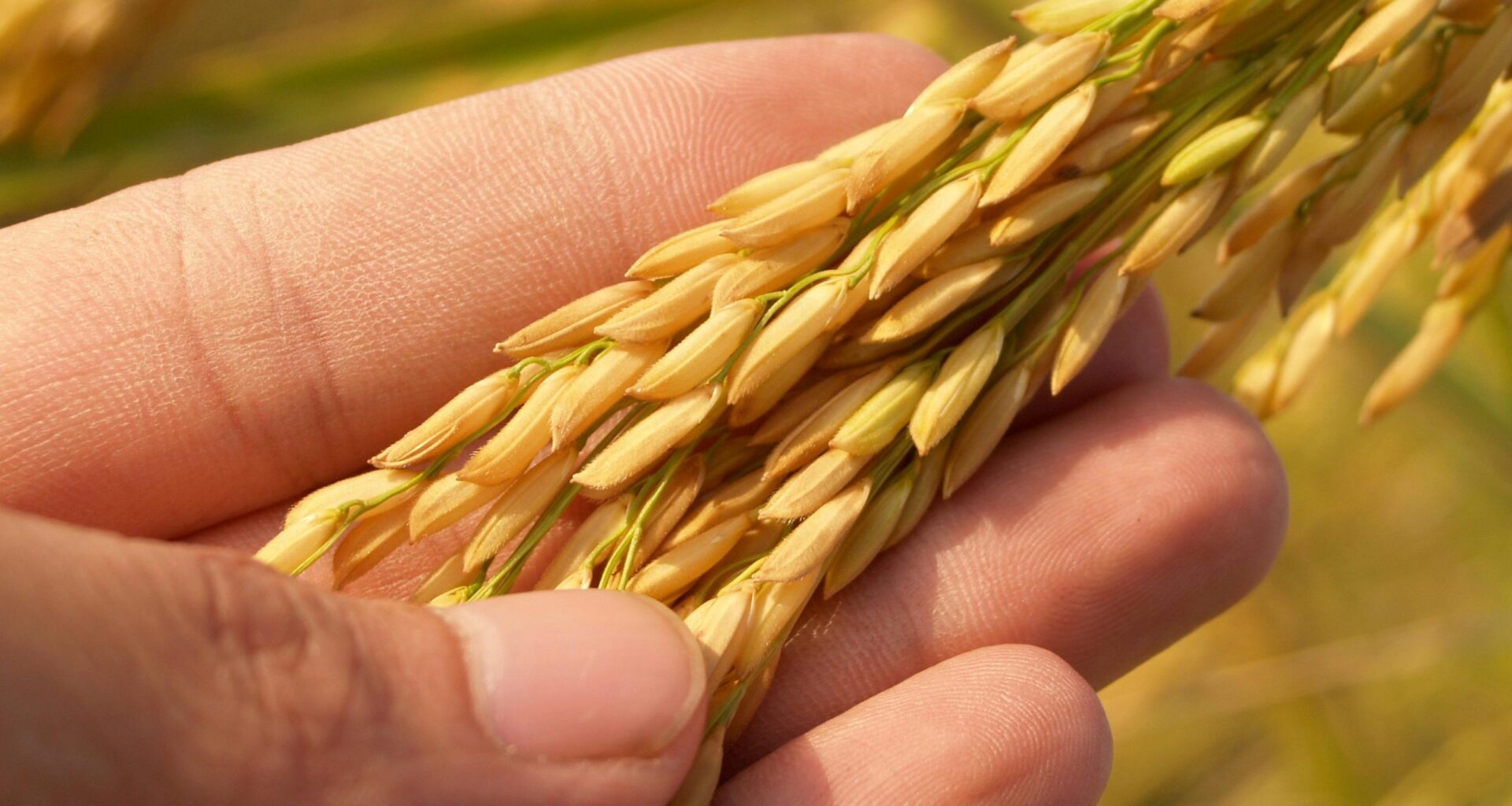Rice plant. (Photo by Pixabay via Pexels.)
On Sept. 4, President Donald Trump signed an executive order to enact a trade agreement with Japan, which will increase agricultural sales in the United States by $8 billion a year and secure a $550 billion investment in U.S. goods on behalf of Japan. In addition to the promised investment, the order announced a baseline 15% tariff on most Japanese imports to the U.S.
The White House stated it believes this agreement, “will generate hundreds of thousands of United States jobs, expand domestic manufacturing, and secure American prosperity for generations.” The agreement is a positive for agriculture, which has struggled in recent months with low commodity prices and tariff woes. The rice, corn and soybean industries are poised to receive the largest boost out of the deal.
“Specifically, the Government of Japan is working toward an expedited implementation of a 75% increase of United States rice procurements within the Minimum Access rice scheme and purchases of United States agricultural goods, including corn, soybeans, fertilizer, bioethanol (including for sustainable aviation fuel), as well as other United States products,” read an excerpt from the executive order.
According to the American Soybean Association, in 2024, the U.S. soybean industry exported 52% of its total production, but this agreement could allow expansion and stronger demand within Japan.
“This news comes at a critical time as U.S. soybean farmers begin harvest,” said ASA President Caleb Ragland. “We appreciate President Trump prioritizing agriculture in trade negotiations with key partners like Japan and urge the Administration to finalize additional trade deals in the weeks ahead. Reliable agreements like this not only strengthen markets for U.S. soy and keep America’s farm families a priority but also help our farmers remain competitive in the global marketplace.”
Secretary of Agriculture Brooke Rollins will head to Japan in the next few weeks and communicate with buyers and to ensure that farm products can be sold and shipped as soon as possible. Rollins said in the long term, this deal was a big step forward for rural prosperity and sustainability for farmers and ranchers.
“We’ve talked a lot about China being one of our biggest buyers for some of these commodities, and certainly we need China, but we have to look to other areas of the world,” Rollins said in an RFDTV interview.
Lacey Vilhauer can be reached at 620-227-1871 or [email protected].
